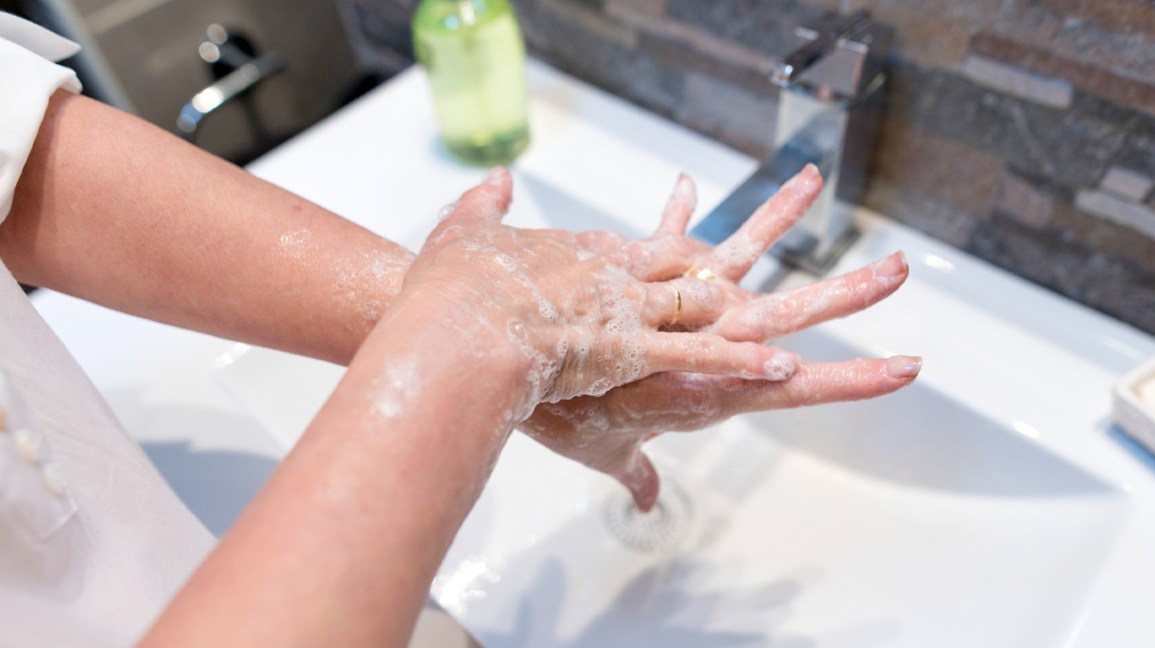
When the COVID-19 pandemic swept across the globe, we acquired some understanding of the importance of hand washing. However, apart from its role in preventing the spread of the coronavirus, there exist additional health advantages associated with regular hand washing that may be less commonly known.
Hand washing, referred to as hand hygiene, involves using soap or hand wash along with water to cleanse our hands and eliminate bacteria, dirt, grease, or other undesirable substances that may be present.
Through the act of hand washing, we effectively eliminate numerous germs. These germs can contaminate our hands when we use the restroom or come into contact with objects that have been exposed to germs due to someone sneezing or coughing on them. If left unwashed, these germs can enter our eyes, nose, mouths, as well as our food and drinks, potentially leading to illnesses such as cholera, diarrhea, and more.
Handwashing, despite being a simple action, yields numerous health benefits. According to the Centers for Disease Control and Prevention (CDC), regular handwashing plays a crucial role in preventing illnesses caused by antibiotic-resistant germs and also helps decrease the reliance on antibiotics. By eliminating germs through proper handwashing, the risk of diarrhea, foodborne disease outbreaks, and respiratory infections can be significantly reduced. Furthermore, it can contribute to the prevention of skin and eye infections.
While many people worldwide wash their hands with water, the practice of using soap is far less common. However, using soap during handwashing is significantly more effective. It aids in the removal of a greater number of germs, thereby preventing illnesses and reducing the transmission of germs to others. Developing the habit of regular handwashing is essential, and it is crucial for parents to instill this practice in their children. Regular handwashing serves as a fundamental prerequisite for maintaining a healthy life.









Leave a comment